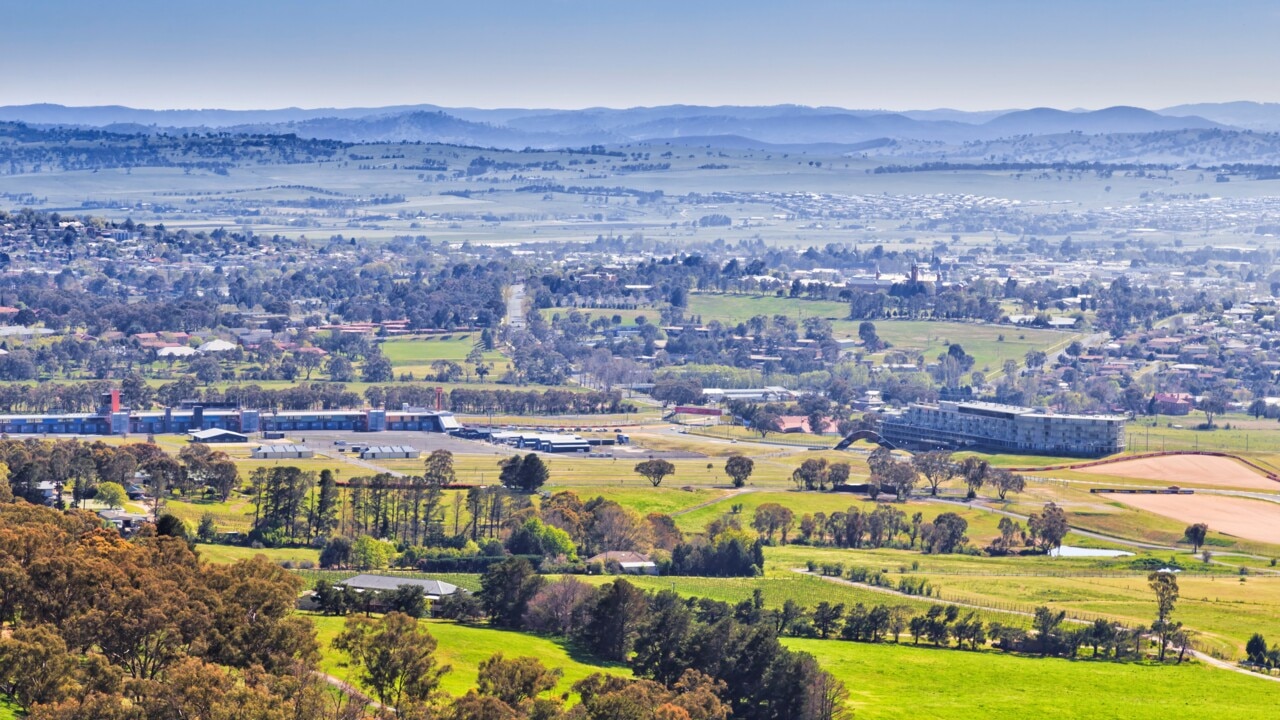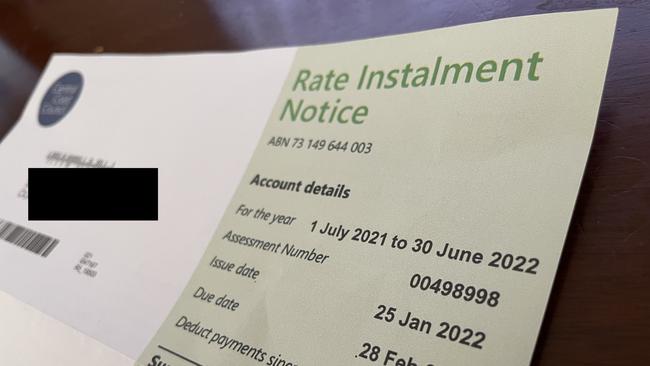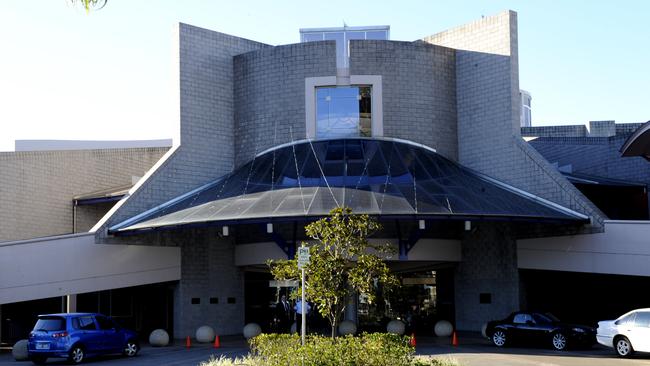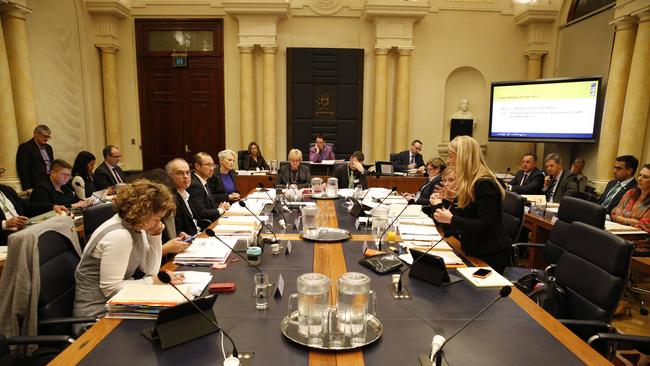NSW council rates: IPART approves increases on rates for millions as inflation rises
Ratepayers across NSW are set to see a hit to their hip pocket, with a massive 86 councils set to issue rate hikes following a surge in inflation. See the list of councils here.

Local
Don't miss out on the headlines from Local. Followed categories will be added to My News.
Millions of ratepayers across NSW are set to be slugged with increases in council rates after IPART approved a massive 86 requests for special rate variations.
The variations, which will see some ratepayers fork out up to 1.8 per cent extra on their council bill notice, comes following “high inflation and global uncertainty” resulting in increased council costs.
Councils argued they would be unable to deliver on infrastructure projects already committed to in their applications to IPART.

Councils including Armidale, Bathurst, Bayside, Bega, Bellingen, Blayney, Cessnock, Parramatta, City of Sydney, Clarence Valley, Coffs Harbour, Coolamon, Cumberland, Federation, Forbes, Gilgandra, Goulburn, Gunnehah, Hawkesbury, Hilltops, Junee, Kiama, Ku-ring-gai, Lake Macquarie, Lithgow, Murrumbidgee, Muswellbrook, Newcastle, Orange , Parkes, Penrith, Port Stephens, Queanbeyan-Palerang, Randwick, Sutherland, The Hills, Uralla, Warren, Warrumbungle, and Weddin Shire saw 2.5 per cent rate increases approved by IPART.
SEE IF YOU WILL BE STUNG HERE
“This year the rate peg was set at a minimum of 0.7%, with some further increases allowed in councils with growing populations,” an IPART spokesman said. “The rate peg was lower than many councils expected.
“The additional special variation process gave councils an opportunity to increase this figure.”
Tribunal member Deborah Cope said IPART were “careful to balance the need of councils to maintain the services and investment they had already committed to against the need to keep rates affordable for the community”.
“Guidelines require councils to show that they had budgeted for higher income than that provided by the rate peg and that they need the additional money to deliver on the projects they have already planned and included in their budgets.”
In Sydney’s inner west, the City of Canada Bay raised their rates by 2.5 per cent, with a spokesman for the council telling NewsLocal community growth and infrastructure had prompted the application for a rate variation.

“To ensure no reduction in the quality and scope of City of Canada Bay’s services and infrastructure for our growing community, the council recently made an application for a special rate variation,” the spokesman said.
“This was approved alongside the majority of councils in NSW.”
A spokesman for the Inner West Council explained the increase was included in its most recent financial plan and was designed to smooth the running of council services.
“Council’s adopted 2021/22 Long Term Financial Plan included a 2 per cent increase in rates enabling Council to deliver its current services to the community,” he said.
The spokesman explained the two per cent increase was sought after concerns a 1.3 per cent increase wouldn’t cover basic costs.
“IPART changed its methodology for determining rates in the 2022/23 financial year which resulted in an approved increase of 1.3% for the Inner West Council, which was lower than the council-adopted 2.0%,” he said.
“In response to concerns from a number of councils that the increase wouldn’t cover basic cost increases for staff and materials, OLG allowed for an additional special variation so the council could obtain what had been previously approved in the Long Term Financial Plan for the 2022/23 financial year.
“For the Inner West Council, this meant a 2 per cent increase instead of 1.3.”

Meanwhile, Woollahra Council representatives said they welcomed the decision by IPART to “address the impact of the historically low rate peg of 0.7 per cent announced in December” to the expected 2.0 per cent.
“The decision will assist us in meeting the needs of our community and addressing rising expenditure, reduced income from interest and the ongoing challenge of securing long term financial sustainability for our Council and the community we serve,” the spokeswoman said.
“We are grateful to Local Government NSW and the Local Government Minister, Wendy Tuckerman, for their advocacy on this issue and on behalf of many councils in the state who are facing similar and increasing financial pressures.”
A City of Sydney council spokeswoman said council’s largest source of income is “rates”. “Rates are used to fund much of our operations and capital works,” the representative said.
“The disruption of the last two years has caused a significant imbalance between the permitted rate increases, as determined by IPART for the 2022/23 financial year, and the current levels of inflation, as calculated by the Australian Bureau of Statistics.

“In a bid to address this substantial imbalance, the NSW government offered councils across the state the opportunity to boost their permitted rate increase by up to 2.5 per cent, if they had already factored this into their long-term financial plans and the funds were required to provide adequate financial support for operational and capital programs.:
The representative said the rise would see an average of an $18 increase on residential rates.
“This increase is critical to maintaining the City of Sydney’s long-term financial sustainability and allowing us to continue to deliver our world class amenities, capital works projects and the services that we have committed to for our community,” she said.
In Sydney’s southwest, Liverpool council received an IPART determination of a one per cent rise, which is “significantly lower” than the rising costs of services, according to a council spokesperson.
“A one per cent rise under current economic conditions is significantly lower than the increasing costs of delivering Liverpool City Council’s core services across waste, road improvements and new infrastructure projects,” the spokesman said.
That shortfall led Liverpool council to push for an additional one per cent, according to the spokesman, who said it will, “assist Council to absorb these cost increases and remain financially sustainable into the future”.
The spokesman noted a lack of community submissions during the consultation phase for Liverpool council’s 2021/22 delivery and operational plan, which included a forecasted two per cent rate pegging for the 2022/23 financial year.



